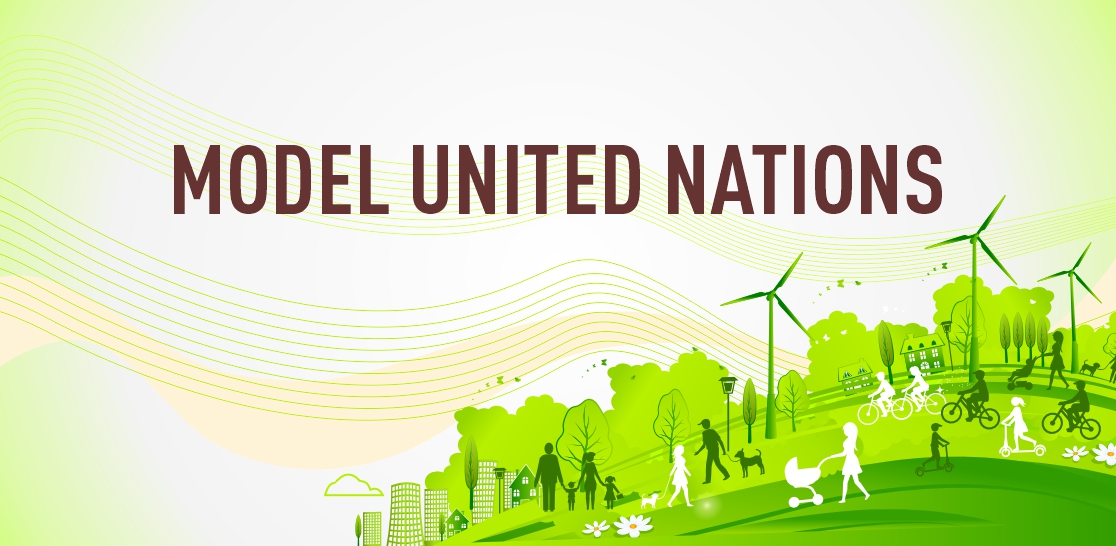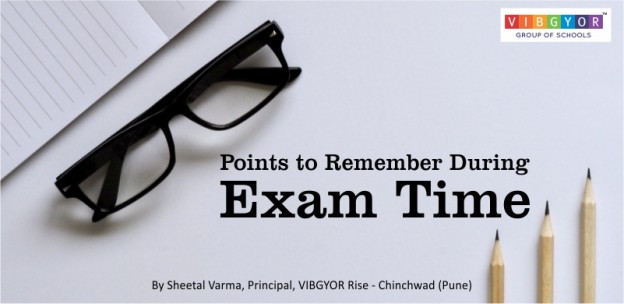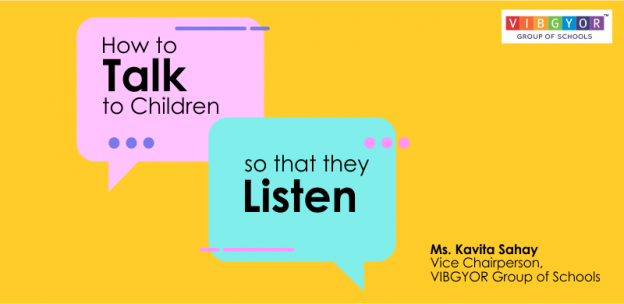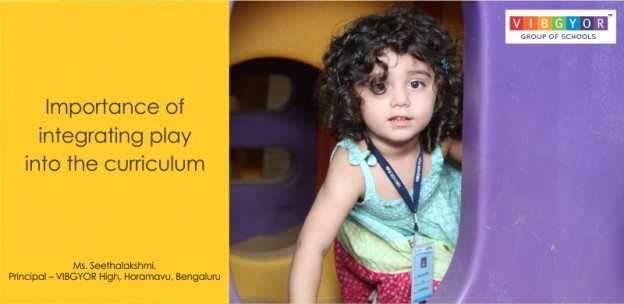![]()
Imagine a scenario where a high school student from India is passionately debating climate change policies with a peer from New York, while another student from Tokyo is working on a resolution to tackle global health issues alongside a delegate from Rio de Janeiro. This isn’t a United Nations assembly but a Model United Nations (MUN) conference. These students, dressed as diplomats and immersed in their assigned countries’ roles, engage in high-stakes negotiations and discussions that mirror the real challenges faced by global leaders. In this vibrant setting, young minds are not only learning about international relations but also becoming keenly aware of critical global issues such as sustainability.
Why Sustainability Matters?
Sustainability is a multifaceted concept encompassing environmental, social, and economic concerns.
- Environmental Sustainability: This refers to the responsible use of natural resources, including water, energy, and land. Unsustainable practices like deforestation, pollution, and excessive resource extraction lead to environmental degradation, impacting not just our ecosystems but also human health and well-being.
- Social Sustainability: This focuses on creating a just and equitable society. It considers issues like poverty, human rights, and access to education and healthcare. An unsustainable society fosters inequality and instability, hindering progress for all.
- Economic Sustainability: This involves ensuring that economic growth meets the needs of all citizens without depleting resources for future generations. Unsustainable economic practices, like overconsumption and reliance on fossil fuels, can lead to economic volatility and social unrest.
Understanding these interconnected aspects allows students to develop a holistic perspective on sustainability.
MUN Fostering Sustainability Champions
MUN conferences provide a unique platform for students to engage with sustainability:
Engaging with Global Issues: At the heart of MUN are the global issues that participants are called to address. These issues span a wide range of topics including sustainability, human rights, economic development, global health, and security. For instance, in a WHO committee, delegates might debate strategies to improve sustainable development in underdeveloped regions while also addressing health disparities. They might discuss initiatives to ensure access to clean water and sanitation, combat infectious diseases, and promote mental health awareness. Meanwhile, in the Security Council, they could discuss measures to resolve international conflicts. By tackling these real-world problems, students not only learn about the issues themselves but also the complexities involved in finding solutions that are acceptable to a diverse group of nations with differing interests.
Critical Thinking and Problem-Solving: Students participate in debates and negotiations, analysing different perspectives and seeking solutions. This process fosters critical thinking skills, allowing them to evaluate evidence, identify potential pitfalls, and develop innovative solutions to sustainability challenges.
Communication and Collaboration: MUN conferences encourage active participation and effective communication. Students learn to articulate viewpoints clearly, find common ground, and work collaboratively towards solutions. These skills are crucial for building global partnerships and fostering international cooperation on sustainability initiatives.
Leadership Development: MUN positions students as leaders, representing countries and advocating for change. This experience instils confidence, strengthens public speaking abilities, and allows students to develop their leadership potential.
Fostering Global Awareness and Citizenship: MUN is instrumental in fostering global awareness among students. By engaging with international issues and considering the viewpoints of different countries, participants gain a broader understanding of the world. This exposure helps cultivate empathy and a sense of global citizenship, encouraging students to think beyond their immediate environment and consider the global implications of their actions. Moreover, MUN conferences often include keynote speakers, workshops, and cultural events that further enrich the participants’ understanding of global issues and international relations. These activities provide additional context and insights, making the learning experience even more comprehensive.
Inspiring Future Leaders: One of the most significant impacts of MUN is its ability to inspire future leaders. Many students who participate in MUN go on to pursue careers in international relations, law, politics, and other fields where they can continue to engage with global issues. The skills and experiences gained through MUN serve as a strong foundation for these future endeavours.
Aligned with this vision, VIBGYOR acknowledges the transformative impact of Model United Nations (MUN). Through the distinctive program, VIBGYOR MUN, the students are offered a platform to engage directly with the dynamics of international relations. VIBGYOR MUN delivers a structured and enriching experience that hones students’ research, communication, and critical thinking skills. It also facilitates interactions among students from diverse backgrounds, promoting a spirit of global citizenship. Moreover, VIBGYOR MUN provides access to experienced mentors who guide students through the complexities of MUN procedures and diplomacy. This year’s VIBGYOR MUN in its 14th edition is addressing SDG 11—Sustainable Cities and Communities at Bangalore from June 24 to 29, 2024.
Conclusion
Model United Nations is a powerful educational platform that not only raises awareness about global issues but also equips students with the skills and knowledge necessary to navigate and address these challenges. Through debate, discussion, and negotiation, MUN participants gain a realistic understanding of international relations and the complexities of global governance. By fostering critical skills and inspiring a sense of global citizenship, MUN plays a crucial role in preparing the next generation of leaders to contribute positively to the world. In a time when global cooperation and understanding are more important than ever, MUN offers an invaluable opportunity for young people to engage with the world, develop essential skills, and become informed, proactive citizens ready to tackle the challenges of tomorrow.





